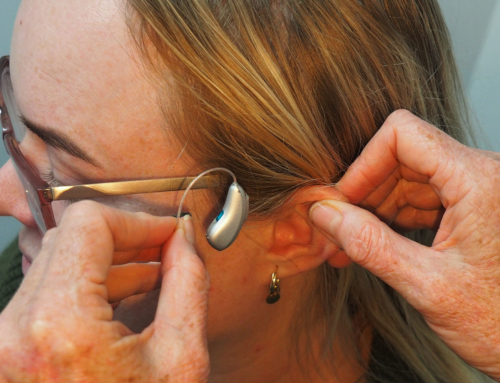Build a Healthy Eating Style
- Focus on variety, amount, and nutrition.
- Choose from all five food groups: fruits, vegetables, grains, protein foods, and dairy to get the nutrients you need.
- Eat the right amount of calories for you based on your age, sex, height, weight, and physical activity level.
- Eating healthy and staying active can help reduce the risk of obesity and certain diseases such as heart disease, diabetes, and cancer.
- Choose foods and drinks low in saturated fat, sodium, and added sugars to help you manage a healthy weight and blood pressure.
- Make small changes: Make half your plate fruits and vegetables, choose water over soda or juice, focus on whole fruits, vary your veggies, increase whole grains, choose low-fat dairy, and diversify proteins.
Dairy
- Sources: Milk and milk products as well as calcium-fortified soy milk.
- Nutrients: Calcium, potassium, vitamin D, and protein.
- Health Benefits:
- Needed for overall health and bone health.
- Reduces risk of osteoporosis, cardiovascular disease, type 2 diabetes, and lowers blood pressure.
Vegetables
- Sources: All vegetables and 100% vegetable juices.
- Nutrients: Potassium, dietary fiber, folate, vitamin A, and vitamin C.
- Health Benefits:
- Help maintain a healthy blood pressure, proper bowel function, healthy eyes and skin, protection from infections, and needed for growth and repair.
- Linked to a reduced risk of chronic diseases and certain types of cancer.
Fruits
- Sources: All fruits (including dried) and 100% fruit juices.
- Nutrients: Potassium, dietary fiber, vitamin C, and folate.
- Health Benefits:
- Help maintain a healthy blood pressure, proper bowel function, and needed for growth and repair. Linked to a reduced risk of chronic diseases and certain types of cancer.
Protein
- Sources: Meat, poultry, seafood, beans and peas, eggs, processed soy products, nuts, and seeds.
- Nutrients: Protein, B vitamins (niacin, thiamin, riboflavin, and B6), vitamin E, iron, zinc, and magnesium.
- Health Benefits: Needed for growth and maintenance of the body, are a source of non-heme and heme iron, help release energy, needed for the nervous and immune systems, and some provide omega-3 fatty acids which may reduce the risk of heart disease.
Grains
- Sources: Wheat, rice, oats, cornmeal, and barley.
- Nutrients and Health Benefits:
- Whole grains contain dietary fiber, iron, B vitamins, and minerals. They help maintain proper bowel function, provide a feeling of fullness, maintain a healthy weight and overall health, and are associated with reduced blood cholesterol levels and lower risk of developing chronic diseases.
- Fortified refined grains with added B vitamins and iron help with metabolism, maintain a healthy nervous system, and are source of non-heme iron.
Oils
- Sources: Oils (Canola, corn, cottonseed, olive, safflower, soybean, sunflower, walnut, and sesame), nuts, olives, some fish, and avocados.
- Nutrients and Health Benefits: Many are high in polyunsaturated or monounsaturated fats, which provide essential fatty acids needed by the body to maintain cardiac health, as well as are a major source of vitamin E.
Find out more at www.uwac.com









Get Social